The Internet Society Foundation Philanthropy team concluded its fourth year of operations at the end of 2023. Since our founding, we have displayed adaptability and commitment to our work, underpinned by our vision of an Internet for Everyone.
The past year once again honed the team’s ability to respond to high levels of change while continuing to be successful and grow. The Internet Society and Philanthropy team realigned some structures in 2022 to increase the size of both the portfolio of philanthropic activities and the Internet Society Foundation (Foundation) itself. With an increased workload, new programs, and team members in 2023, the team’s work focused on collaboration, operational learning, and centering our grantees.
The Philanthropy team is now managing grants for its traditional programs including: Beyond the Net Large (BtN), Beyond the Net Small (BtN), BOLT, Internet Governance Forum (IGFs) and Schools of Internet Governance (SIGs), RARE, Research and SCILLS, and its added “reallocated” programs that were formerly administered by the Internet Society including: Chapter Admin, Connecting the Unconnected, Encryption, MANRS, Sustainable Technical Communities, and Sustainable Peering Infrastructure.
We continued to rely on our Test / Learn / Adapt model as an important tool to help us remain as responsive as ever in our grant making model and confidently move forward through the year.
Our global grant making in 2023
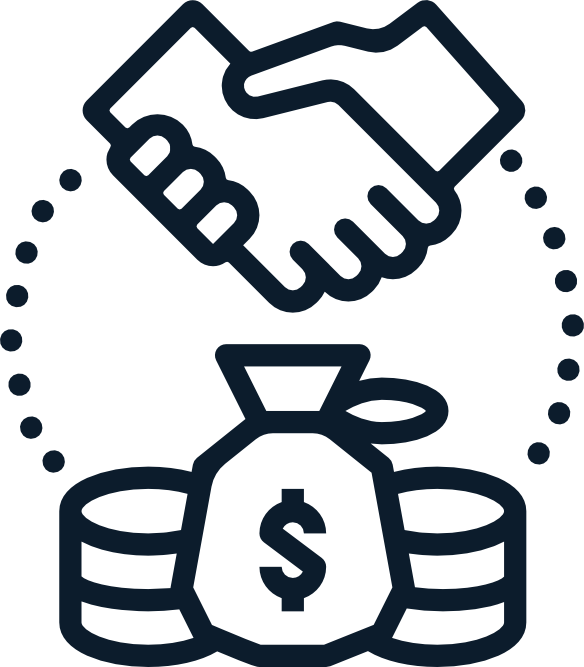
Grants Issued
(As of Oct 2023)
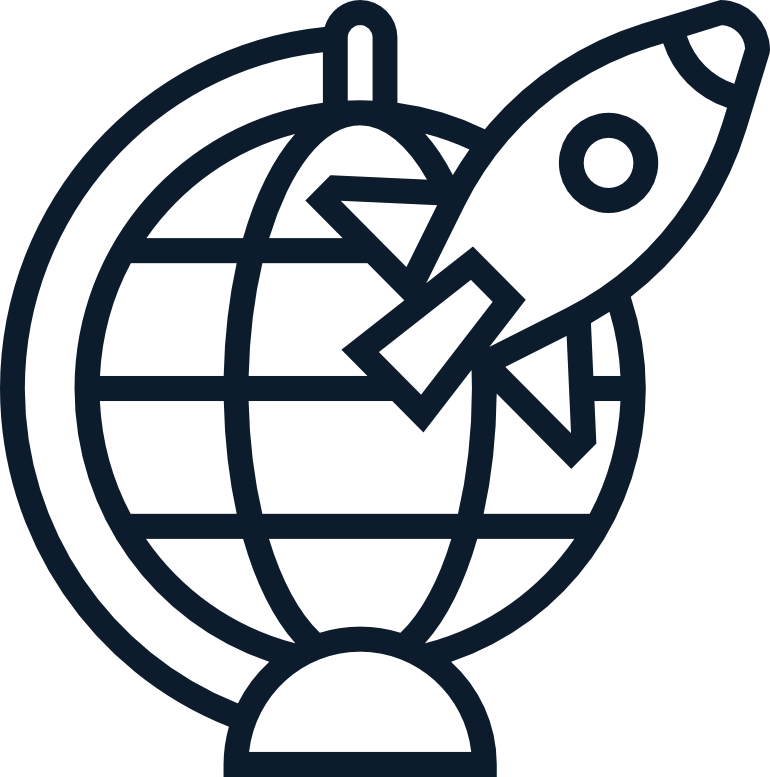
Global Reach
125
for traditional programs
Traditional plus reallocated programs
Traditional programs
125
for traditional programs
100
for reallocated programs
225
Total grants
74
countries worldwide
14
regionally focused projects across North America, Europe, Latin America, and Africa.
16
projects with global scope
51
countries worldwide
6
regionally focused projects across North America, Europe, Latin America, and Africa.
10
projects with global scope

2023 Successes
1. Standardization – Successfully carried out standardization, builds, and launches for traditional Foundation and new Internet Society reallocated programs within Fluxx grants management system: (14 total)
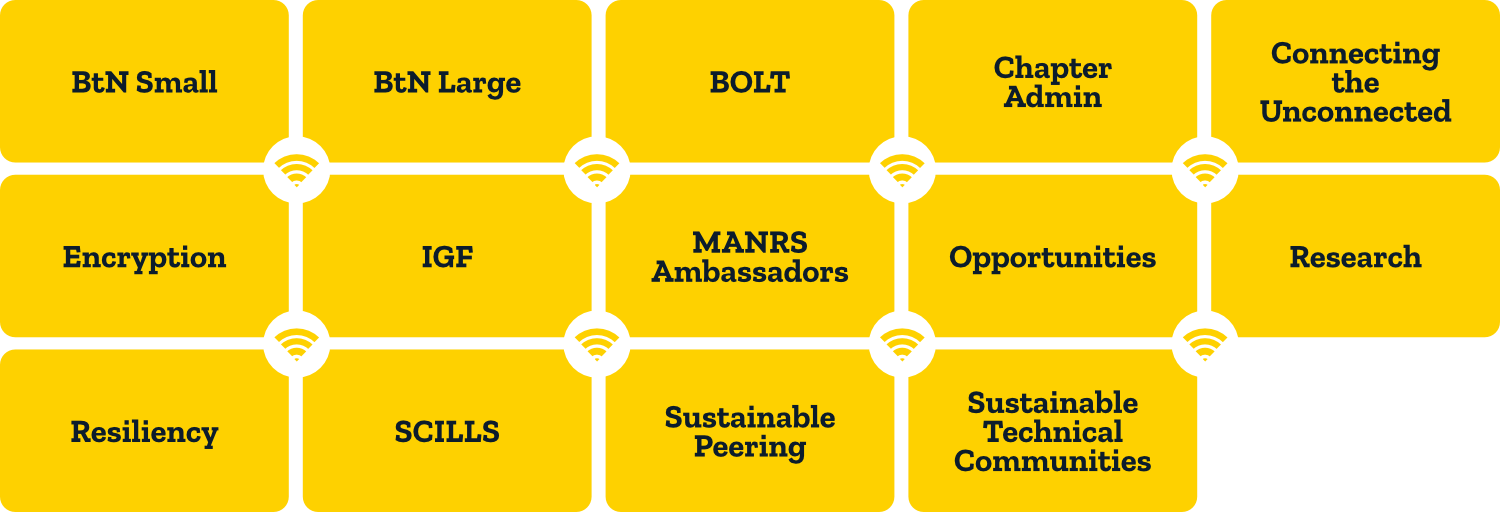
2. Launched SCILLS in three new countries: Brazil, Ghana, and Indonesia.
3. Restructured the Operations team in order to expand the scope of responsibilities to include project management and grants management.
4. Successfully launched and administered 10+ grants for two of the reallocated programs from the Internet Society (Connecting the Unconnected and Sustainable Peering Infrastructure programs) in close collaboration with Internet Society colleagues. To date, the 10+ grants total approximately $330,000 in amount.
5. Launched the third round of Resiliency and BOLT programs, and sixth round of the Research program.
6. Successfully wound down the Emergency Response program, which awarded $4.7M over three years to support projects responding to emergent needs of communities affected by COVID-19.
7. Received high volumes of applications for both Research and BOLT (beyond expectations) thanks to great outreach by Communications team. Research received ~270 and BOLT received ~80 applications.
8. Held two learning meetings for 15 Research grantees in Berlin and Uganda.
9. Held one MEL learning session for BtN Rwanda Chapter and stakeholders in Kigali and one Theory of Change review session for BOLT grantees in Uganda.
10. MEL team piloted the participatory Most Significant Change methodology during grantee meetings in Rwanda (BtN) and Uganda (BOLT) to capture grantee individual stories of change.
11. Grew social media following by 49% year over year, increased website visitors by 44%, and achieved a 27% increase in our size of our newsletter subscription list size, reaching 4,289 subscribers and exceeding target set.
Update against 2023 Action Plan Objectives
The Philanthropy team effectively achieved the objectives outlined in the 2023 Action plan and met or exceeded our success measures as below:
1
Commit at least $15 million in funds by the end of 2023
| All Programs | Committed ($) as of October 26, 2023 | Pipeline |
|---|---|---|
| SCILLS | $4,867,293 | $0 |
| BtN | $607,210 | $106,806 |
| IGF/SIG | $335,750 | $0 |
| Opportunities | $600,000 | $400,000 |
| Research | $3,348,081 | $2,189,673 |
| BOLT | $1,400,000 | $822,407 |
| RARE | $2001 | $3,000,000 |
| Connecting the Unconnected | $289,740 | $40,000 |
| Sustainable Peering Infrastructure (IXPs) | $114,671 | $53,900 |
| MANRS Ambassadors/Mentors | $63,000 | $0 |
| Sustainable Technical Communities | $88,640 | $8000 |
| Global Encryption Day | $51,000 | $0 |
| Total: | $11,767,386 | $6,620,786 |
| Total in Committed and Pipeline Funds: $18,388,172 | ||
2
Standardize efficient reporting and internal learning processes for all programs
- Completed indicator and objectives reviews and updates for 15 programs which were integrated in Fluxx.
- Launched the Grantee Feedback (pre-survey) for BOLT and Research programs. The survey will be launched through Fluxx for new grantees for BtN Large, SCILLS, Research, BOLT and Resiliency programs.
- Worked with Operations team to update Monitoring, Evaluation and Learning (MEL) dashboard in Fluxx and updated the site visits card to more comprehensively track grantee engagement.
- Programs and MEL teams worked on refining program and grant-level objectives and accompanying indicators for SCILLs and BtN. Provided support (proposal review, indicators) to BtN and BOLT grantees on applications, created guidance on best practices on objective writing and created a video on new application template for applicants.
- Revamped the budget and workplan templates and added guidance on how to populate them.
- Completed two rounds of 2023 strategic learning huddles for SCILLS, BtN, Research, Resiliency, and IGF programs.
3
Increase awareness of the Foundation and expand its opportunities among key target audiences
- Significantly increased our brand awareness via social and traditional media, growing our social media following by 49% year-over-year, increasing website visitors by 44%, and achieving a 27% increase in our newsletter subscription list size, reaching 4,289 subscribers and exceeding target set. This was due to the diversification of our content in 2023 including interviews with grantees, impact stories, videos, and more informative posts relevant to our audiences.
- Expanded awareness of the Foundation in traditional media, with our PR efforts supporting the launch of grant programs generating comprehensive coverage, in particular the SCILLS program launch during which we received 433 mentions from the press and websites across six countries and four languages.
- Enhanced the presentation of program and grantee information on our website, through a comprehensive redesign that will enable a more modern and visually appealing presentation of our portfolio, and showcase our grantees’ research publications.
4
Deliver on existing program commitments and successfully transition Internet Society programs over to management of the Foundation, while demonstrating operational excellence and a commitment to equitable grantmaking practices
- Successfully delivered standardization, builds, and launches of existing Foundation programs and transitioned new Internet Society reallocated programs under the management of the Foundation within Fluxx grants management system (15 programs total).
- Implemented Legal compliance reviews and due diligence workflows in Fluxx grantmaking processes and procedures, and updated grant agreements working in collaboration with the Legal team.
- Restructured the Operations team to operate more effectively and efficiently, and we are positioned to eliminate dependence on our external Fluxx consultant by the end of 2023.
- Improved Mid-Year-Forecast and Annual Budget Planning processes by implementing project management, updating budget templates, and providing guidelines to improve accuracy in forecasting.
- The Foundation demonstrated its commitment to equity by initiating unrestricted funding opportunities, reducing grantee burden through standardization of application and reporting forms, and providing grantee support through outreach efforts.
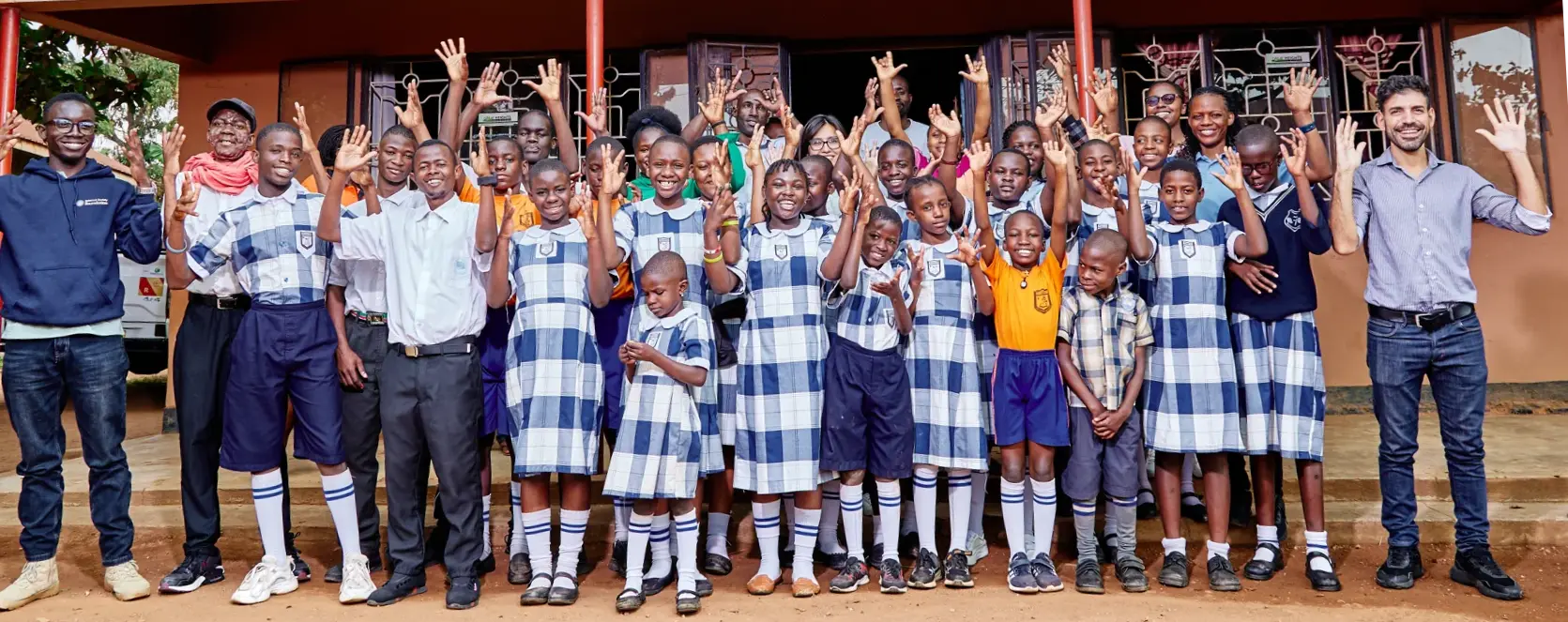
2023 Highlights
This year’s notable highlights focused on themes of collaboration and the work of our grantees:
Collaboration in action
Programs and Operations teams worked diligently with Internet Society Project Team to launch all Reallocated programs and have held quarterly check-ins to ensure efficiency since launches took place. All reallocated programs received the following, in partnership with MEL/Programs:
- Initial program design which included MEL indicators and reporting.
- Due diligence for ensuring alignment and eligibility.
- Competitive external review.
- Expert guidance from Program staff on grant making end-to-end.
2023 also saw outstanding collaborations with Internet Society chapters, strategic partners (U.N. IGF Secretariat), and existing SCILLS grantees to enable program expansion for expansion and fiscal sponsorships. This engagement has led to technical support for our grantees, troubleshooting with underperforming grantees, and a greater understanding of how our team can better support the needs of our partners and grantees.
As of September 2023, all IGF/SIG funding has been spent down, signaling the first time (since the Foundation began managing these programs) that IGF/SIG program funds have been exhausted within the calendar year. The Programs team achieved this through:
- Intentional relationship building with the chapters and chapter engagement managers.
- Setting of quarterly targets to ensure all funds were committed within the program year.
The MEL team has had successful collaborations with Operations on developing a MEL dashboard in Fluxx. MEL has worked with the Communications team on grantee storytelling and MEL site visits and is also engaging with the Internet Society Strategy & Impact, Empowerment and Fellowships teams to find ways of streamlining results measurement across the institution.
Throughout 2023, the Communications team focused on robust collaboration on several levels; with Internet Society colleagues to ensure comprehensive communications plans for program launches, and with MEL and Programs teams to plan site visits and enable robust grantee storytelling. The Communications team has also deepened existing relationships with grantees, which is setting a solid foundation for future collaboration and engagement.
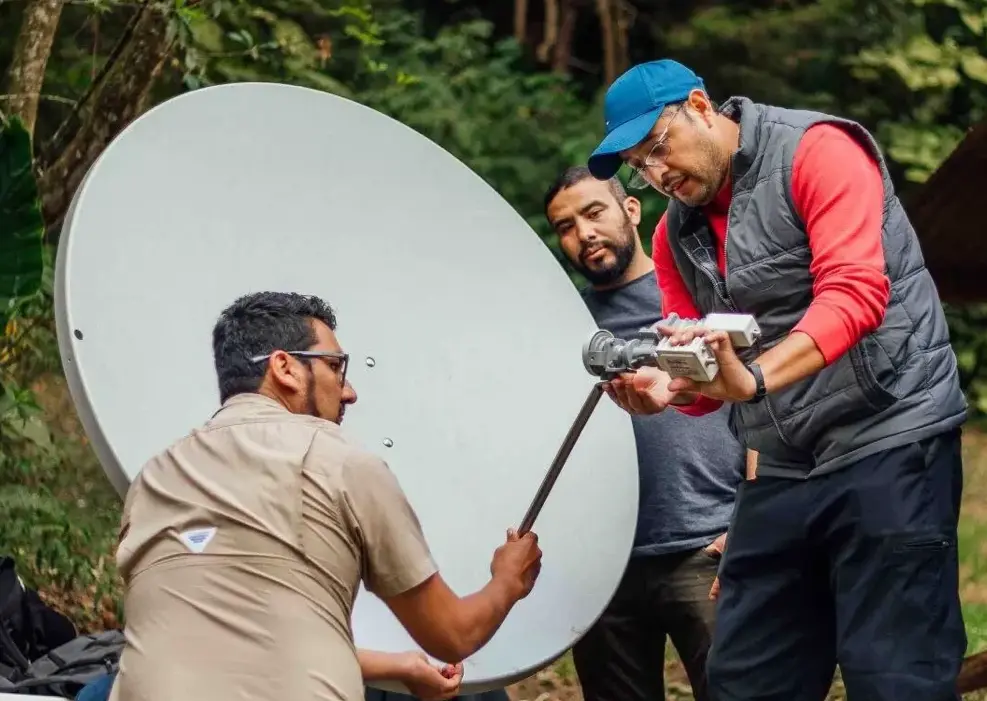
Grantee work
Emergency Response:
Foundation Staff participated in the closing conference for the United Way and TechSoup program “Joining Forces”. This program has paired migrants and elders throughout six countries in Europe to provide digital literacy skills to both groups and create a sense of community throughout the COVID-19 pandemic. Isolated elders are partnered with newcomers, both migrants and refugees, and receive training on how to use technology in a safe and secure manner. The closing conference highlighted the work of the program and with included participation from United Way Worldwide’s President, AmCham Spain, Internet Society Foundation, and NGOs from Spain.
This conference has also been paired with a site visit and Communications story showcasing the power of connecting these communities online. To date this program has supported over 1000 seniors and engaged in over 60 workshops.
Research:
Our grant partner, Reset Tech Australia collaborated closely with youth from Australia, Antigua & Barbuda, Slovenia and Ghana to define “children’s best interests”, language often seen in policy that is aimed at ensuring child safety in the digital world. With ongoing Senate inquiry in Australia on exploring the use of young people’s data and a review of Australia’s privacy Act, numerous regulators including the Office of the Australian Information Commissioner, State Regulators and other civil society actors were keen on using findings from this research. Furthermore, the Research report released in Antigua & Barbuda was branded as a Ministry of Education document so that it can be promoted across other government departments.
BOLT:
Our BOLT grant partner, Instituto Nupef is building and testing out long-range wireless networks using latest white-spaces equipment and other new Wi-Fi technologies to bring internet connectivity to the indigenous people of the Northern region of Brazil.
RARE:

Resiliency grant partner, Information Technology Disaster Resource Center (ITDRC), manufactured and distributed ten WiFi hotspot trailers throughout the US in 2023. One of the trailers has already been deployed to support first responders fighting wildfires in Oregon.
Resiliency:
Foundation staff attended a Resiliency grant partner, NetHope’s Disaster Preparedness training in Guatemala. The training hosted 82 IT professionals, local NGO partners, and three regional Internet Society Chapters and focused on training the community on technical modules such as point-to-point systems, mobile satellite communications, and sustainable power. All training equipment was donated to Save the Children Guatemala to maintain and deploy on the ground as needed.
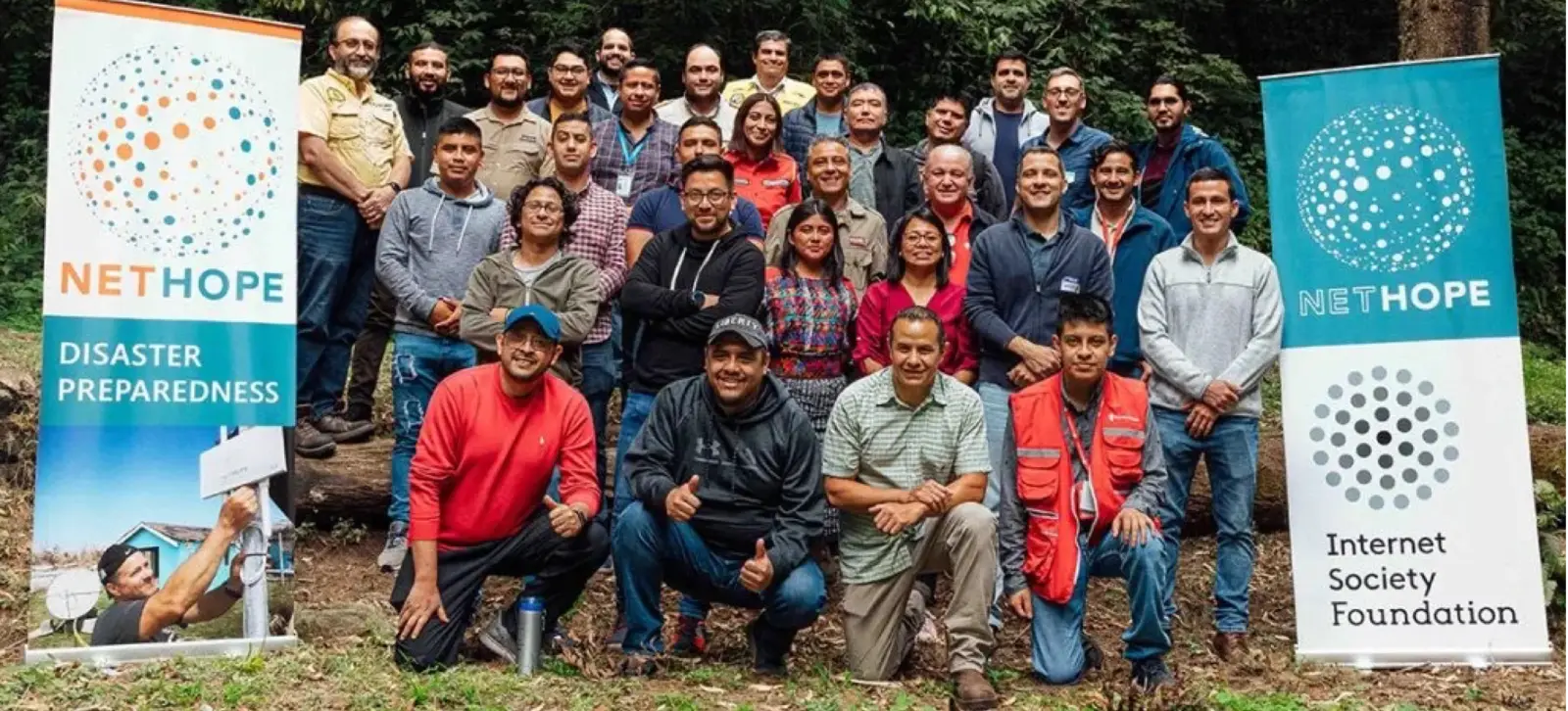
Test–Learn–Adapt: Resiliency and Chapter Engagement
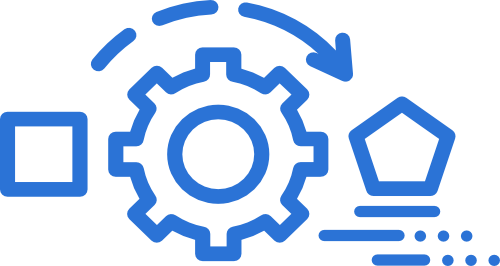
In 2021 the Resiliency Program provided an opportunity to test a Theory of Change involving our Internet Society chapter Community and three grantees: The Theory of Change posited that “If we facilitate a partnership between our grantees and local Internet Society chapters to deliver resilient Internet projects in areas most at-risk for natural disaster, then we will increase the efficiency of our funding by improving the capacity of local Internet actors to be prepared in the event of natural disaster. This experience with the Resiliency cohort revealed the dynamics of grantees and chapters, as well as their capacity levels, strategies, and regional engagements.
1
MEL and Programs conducted regular check ins with Resiliency grantee partners and chapter members, to assess the benefits and challenges brought in by the 2021 initiative. It is important to note that initially this initiative involved a cohort of three grantees, where two grantee partners NetHope and HelpNGO were required to work with local chapter(s), while Télécoms Sans Frontières (TSF) was not.
2
Over the course of the grant implementation grantee partners NetHope and HelpNGO reached out to chapters to collaborate, and in some cases were able to work effectively (e.g., NetHope and Ghana Chapter and HelpNGO), but in other more common instances the collaboration was not successful due to conflicting agendas or priorities for chapters.
3
Interestingly, Télécoms Sans Frontières, the grantee that was not required to work with a chapter had a very successful collaboration with the Barbados and Singapore Chapters, that developed from the grantees’ interest to be introduced to the aforementioned chapters.
4
This initiative showed that while NetHope and HelpNGO (and TSF) projects have had great collaboration with Internet Society chapters; the relationship worked best when the pairing was organic, both parties saw value in the partnership and aligned on project goals.
5
The Programs team agreed that the requirement for grantees to partner with chapters in a target country will not be pursued for future granting cycles and while Programs can facilitate introductions if there is an interest from a particular grantee or chapter, it will not be mandatory.
2023 Grantee Engagement
Through 2023, the Philanthropy team continued to strengthen our grantee outreach efforts through a combination of site visits and virtual engagements to build community and opportunities to deepen our learning.
| Where | When | Team | Activity | Program |
|---|---|---|---|---|
| Berlin | March | MEL | Research grantee roundable | Research |
| Bangladesh | March | BtN SCILLS |
Dhaka Chapter visit & grantee meeting |
SCILLS |
| Guatemala | April | Resiliency | NetHope grantee workshop | RARE |
| India | April | BOLT | Grantee visit | BOLT |
| Rwanda | August | BtN IGF Communications |
Rwanda Chapter visit | BtN |
| Rwanda | August | MEL | Chapter project review | BtN |
| Uganda | August | MEL Communications |
RENU project assessment | BOLT Research |
| Uganda | August | MEL Communications |
Research grantee roundtable | Research |
| Mexico | September | Philanthropy | Chapter visit and grantee engagement | BtN |
| Spain | October | Communications | United Way conference | Emergency Response |
| USA | October | Research | Research grantee meet up at Association of Internet Researchers Conference |
Research |
| Japan | October | Community Engagement Philanthropy |
Chapter engagement Meeting with NRIs/SIGs |
IGF BtN |
| Brazil | November | SCILLS MEL |
2023 cohort launch [Brazil & Colombia grantees] and Theory of Change session BtN Chapter engagement |
SCILLS BtN |
| USA | November | Resiliency | Grantee visit | RARE |
| India | December | Resiliency | Grantee visit | RARE |
| Virtual | Ongoing | BtN Large | Chapters pre application consultation | BtN |
| Virtual | Quarterly | Resiliency | Reflection call | SCILLS |
| Virtual | Quarterly | Research MEL |
Reflection call | Research |
| Virtual | Quarterly | RARE MEL |
Reflection call | RARE |
| Virtual | Sustainable Technical Communities Philanthropy |
Information sessions in EN, ES, FR | STCs |
Grantee Stories
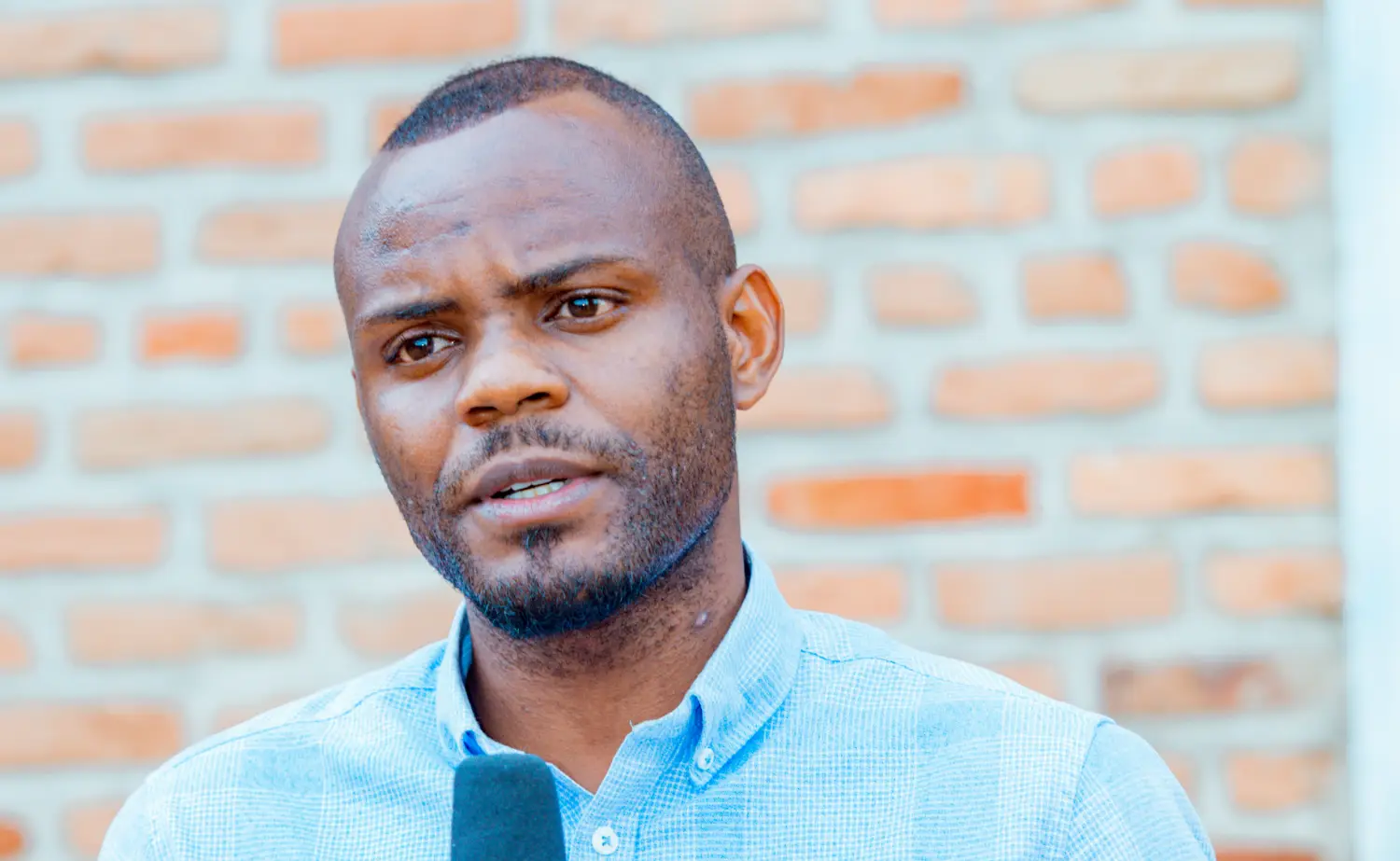
“This project is helping us to bridge the digital divide
in rural schools. We provide computers, training
and Internet connectivity to improve teaching
and learning processes through digital education."
Emmanuel Mfitumukiza
Chairperson
Internet Society Rwanda Chapter
“Internet allowed deaf students
to visualize the information; that allowed them to improve their reading and writing tremendously."
Raphael Kajjubi
Principal
Busega School of the Deaf and Blind – Uganda
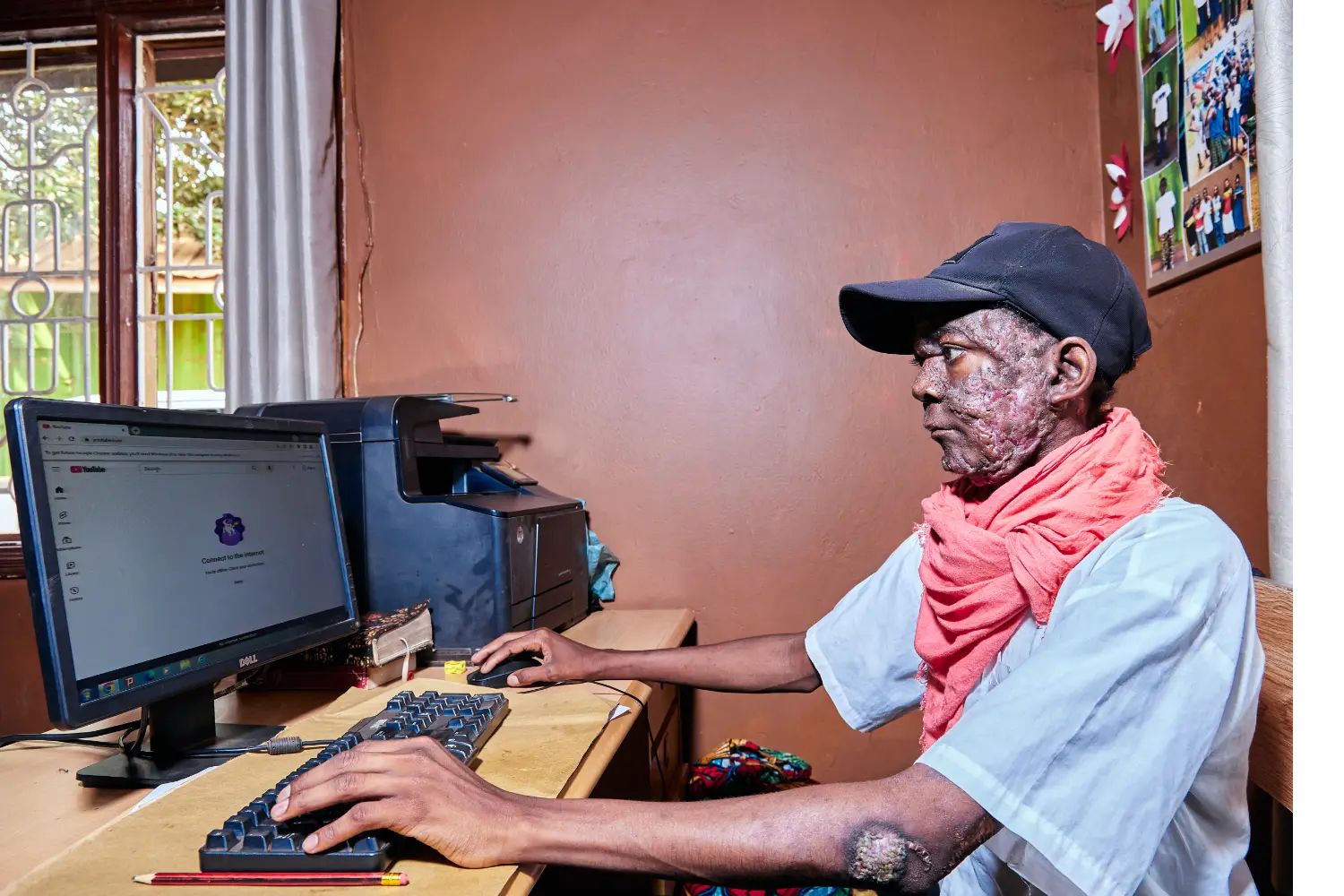
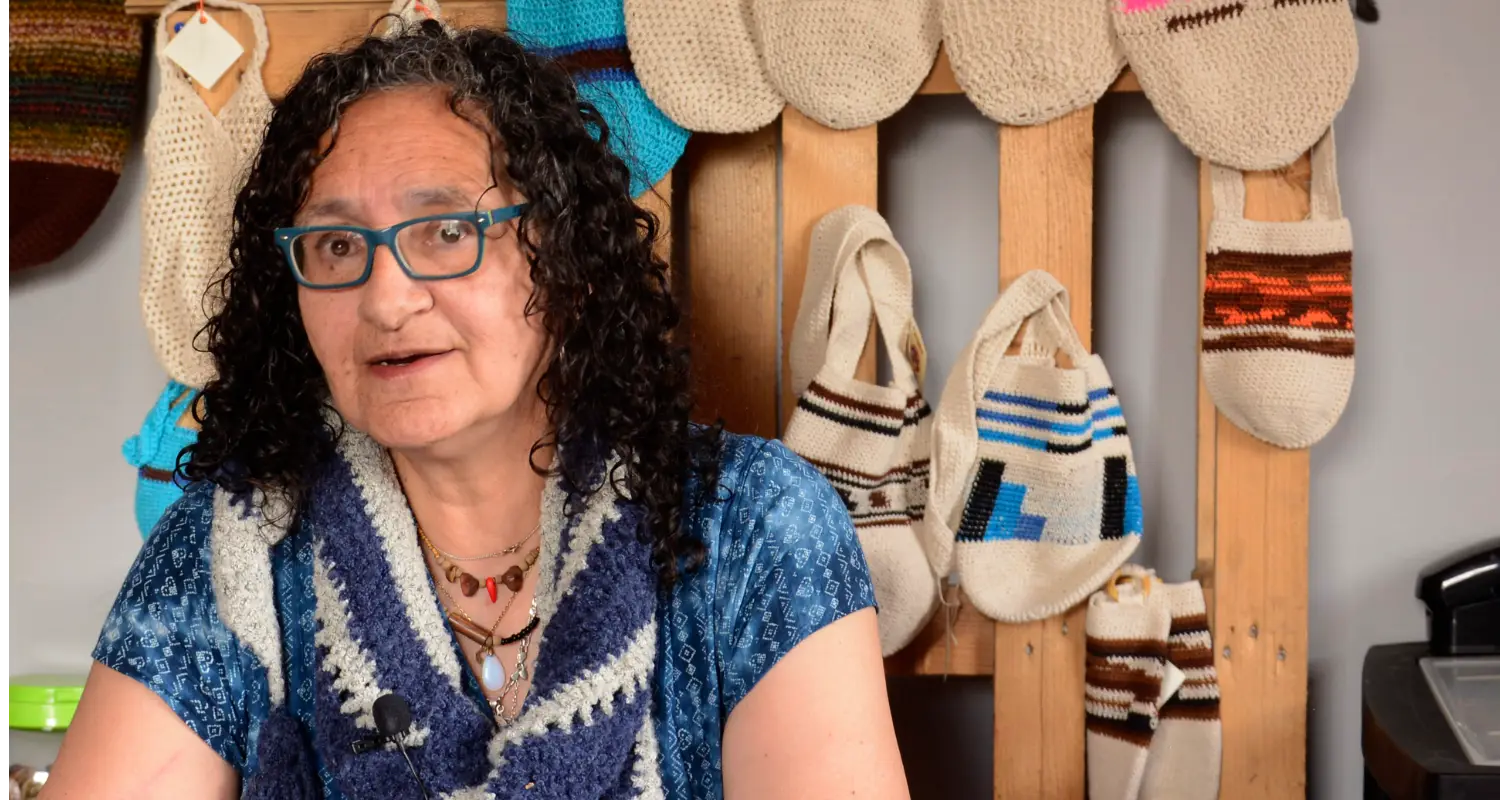
"My apprenticeship was scary at first. As I learned how to use social media, I started getting more leads and created a digital catalog to improve my sales."
Carolina Jaramillo
Beneficiary
Fundación Capital – Colombia
The Digital Empowerment Foundation,
with the support from the Internet Society Foundation, connected 31 tea tribes in India.
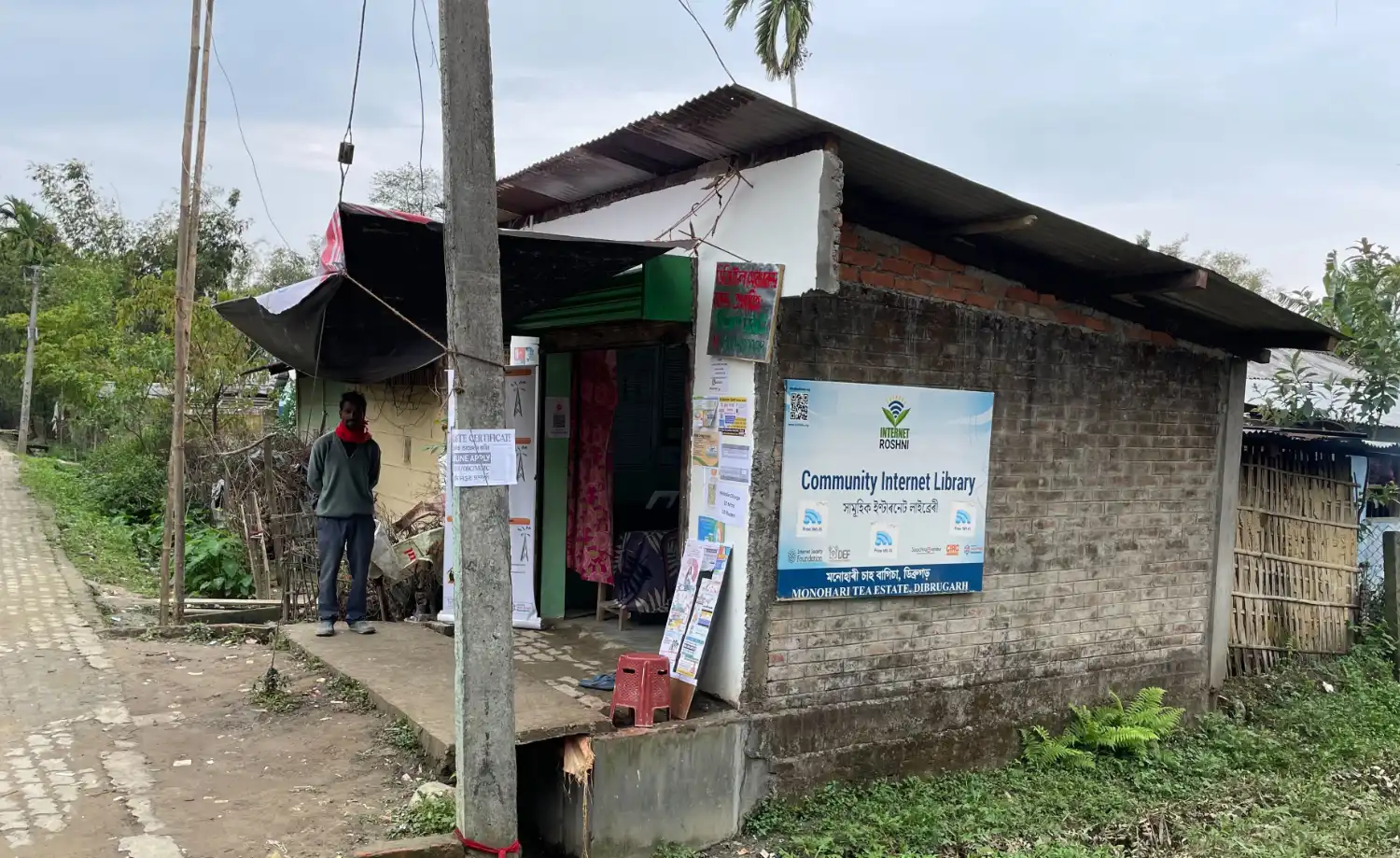
Highlights of our grantee engagements
Communications:
The communications team conducted site visits to Uganda and Rwanda, where we interviewed six grantees and 16 beneficiaries. In addition, we interviewed seven grantees via email. The team also launched a series of interviews with research grantees in Germany and Uganda, conducting five in-depth interviews during which they shared their findings, challenges, and advice to future grantees. Besides enabling powerful visual storytelling about the Foundation’s work, this robust outreach and engagement has allowed us to deepen our own understanding about our grantees’ work, the impact they are making, and enhance accountability around how the Foundation’s resources are being used.
MEL:
The Monitoring Evaluation and Learning (MEL) team piloted a Most Significant Change (MSC) + Video methodology with a BOLT grantee in Uganda. MSC is an evaluation technique that lets us measure intangible qualitative indicators like ’empowerment’ or ‘confidence’ through the systematic collection and analysis of stories provided by program participants and stakeholders. RENU’s $200,000 grant was completed earlier this year, with funding used to extend “Eduroam”, a free global Wi-Fi roaming service for the research and education community.
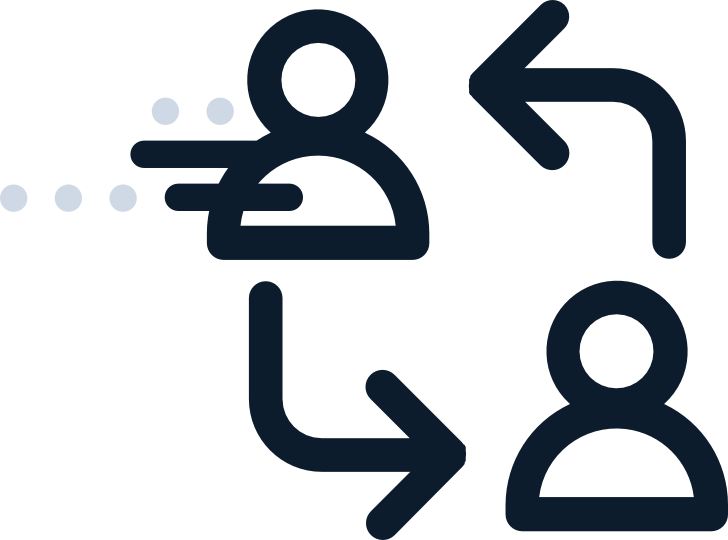
In-person site visits enabled the Communications team to enhance storytelling and build stronger grantee relationships.
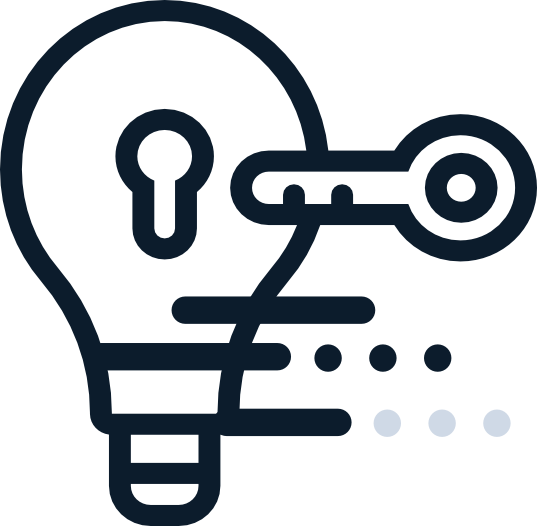
The MEL team gained several key insights about the Eduroam project.
The project aims to extend this service country-wide to cover more towns and cities, enabling free connectivity services to a larger number of users from the research and education community in Uganda. During the one-day workshop, 10 participants representing different stakeholders (university students, teachers and RENU Staff) of the project engaged in a participatory exercise to reflect on the learnings from the project. By sharing stories of change, visualizing elements of said change, and discussing its significance at the individual and collective level, deeper insights were gained to understand the perceived effects of the project from the perspective of participants.
Participant’s stories highlighted common challenges faced by students, teaching staff and researchers in regards to Internet access before the project, mainly the prohibitively expensive costs, lack of or deficient infrastructure at universities and schools, and overall unreliable access. Since the RENU project, participants appeared satisfied with the personalized and secure credentials given to each user, which allows them to access the Internet at no cost and use it across institutions and locations in town that are part of the network. These benefits become much more important when considering that students/researchers/ teachers struggled almost daily to have Internet access and were constantly disrupted and/or removed from the network to accommodate new users, or when they moved to another location / institution.
Reliability, trustworthiness, and independence were key themes in the stories collected. As a pilot exercise, the MEL team gained several key insights about the Eduroam project, as well as valuable learnings on how to further include this methodology in our data collection practice and services for other programs.
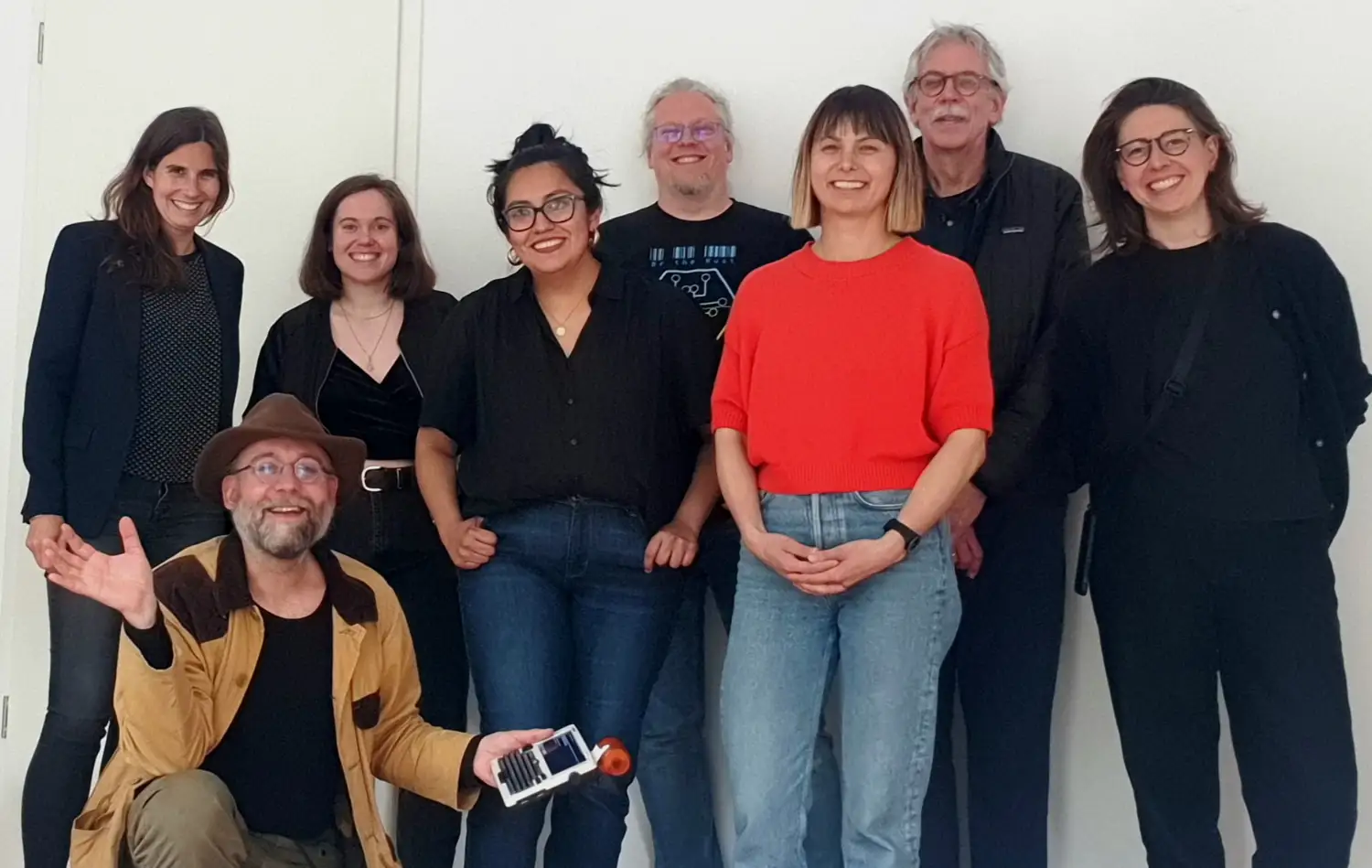
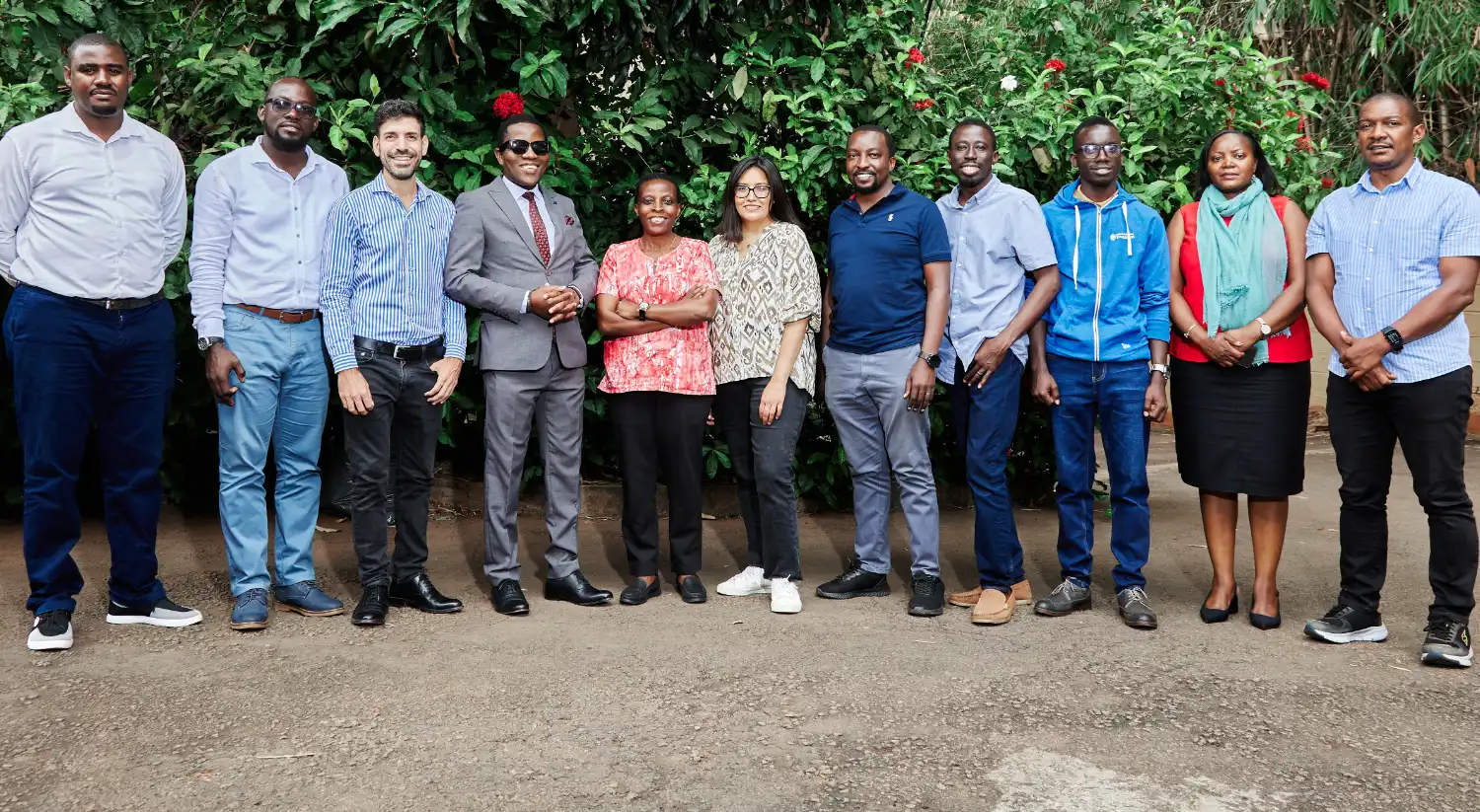
Programs
Beyond the Net
In Q3, the Beyond the Net (BtN) team made a site visit to Rwanda to visit the BtN projects, meet with the Rwanda Chapter and attend the Rwanda National IGF. The chapter took staff to visit four schools where they have completed projects over the past four years, allowing us to see their finished products, and meet with students, teachers, and community members. Foundation staff also led a reflection workshop with 25 chapter members and project participants to facilitate discussions that would elevate what the community perceived as the most significant impact the projects had over the past few years. During this visit, staff also attended the Rwanda IGF and were able to connect with the meeting organizers to better understand the successes and challenges of their initiative over the past several years. MEL specialist, Anne Delaporte, also contributed to a panel discussion during the meeting.
Chapter and Prospective Grantee Outreach:
Foundation staff worked to identify and target chapters who had not received BtN Funding in three years or more – Spain Catalonia, Interplanetary, Canada Manitoba, Bangladesh – with direct outreach and support in conjunction with Community Engagement Managers, resulting in one new awarded grant and three applications in review.
BOLT:
Staff visited several tea farms in Assam, India where a BOLT grantee, Digital Empowerment Foundation (DEF), is working to expand Internet connectivity in one of the poorest and least connected communities in the country. Through this project, DEF brought connectivity to 25,000 households in tea farmer communities through 50 Community Internet Libraries – community centers that unlocked people’s access to digital, social and economic benefits.
Lessons and Adaptation
While the Philanthropy team continues to aspire to agility, adaptation and excellence,
we recognized that the increased workload from a growing grantee community and the reallocated programs presented challenges to which we responded, noting lessons learned and actions taken:
Lessons
- Proactive and strategic communication and coordination between teams and with grantees is critically necessary, especially as the workload and grantees increase.
- Further incorporation of MEL practices within the grantmaking cycle will be critical to the success of Programs and program design going forward. MEL needs vary by program and project, however there are commonalities across the portfolio that require alignment.
Adaptation
- With the growth of programs and staff, the Operations team realized the importance of utilizing high-level project management to effectively manage all the programs builds and launches, as well as Philanthropy department projects and deliverables.
- The team incorporated grantee voices into the four program launch videos for SCILLS, BOLT, Research, and Resiliency, centering our grantees as the ones sharing their experiences.
- The Communications team increased outreach efforts and connected with grantees from all grant programs to amplify their stories and spread the word about the impact of their projects.
- MEL-led grantee engagement pushed the team to reflect on the current services we offer to grantees, and how to better provide these. Overall, the MEL team will focus on supporting and training grantees to prepare strong and logic-based applications, reviewing select grantee reports, and through collaborations with other teams, sustaining and increasing the opportunities to host learning sessions among the grantee community.
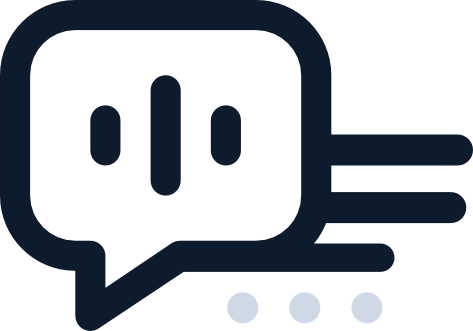
The team incorporated grantee voices, centering them as the ones sharing their experiences.
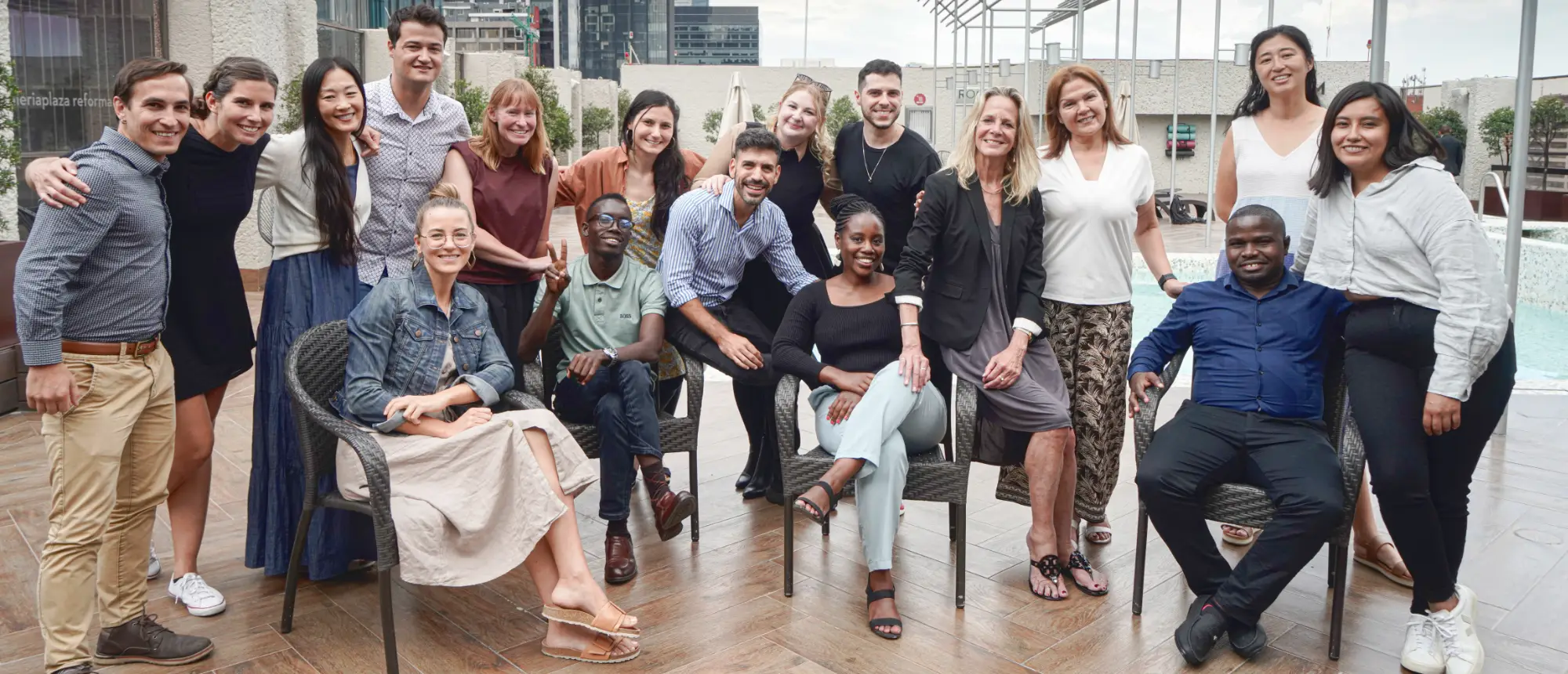
Conclusion
The Philanthropy team made solid progress for the Foundation in 2023, maintaining our core team approaches of Test / Learn / Adapt, in the face of continued growth and change. The work we implemented ensures that we will likely meet our Success Measures by the end of the year and we are proud of the work of our resilient team and the difference the Foundation’s grantees are making around the globe. We remained committed to:
- Becoming better known throughout the Philanthropy and technology arenas.
- Further building operational excellence and collaboration in our grantmaking processes.
- Testing equitable and participatory models of working with our grantees through unrestricted funding, proactive information sessions and sustained grantee engagement.
- Growing into an even more agile and flexible team that efficiently responds and adapts to change.
As we look out into the future, we will continue to explore ways to be a viable team whose work and grantmaking align with the goals and strategic direction of the Internet Society in pursuit of an Internet for Everyone.
